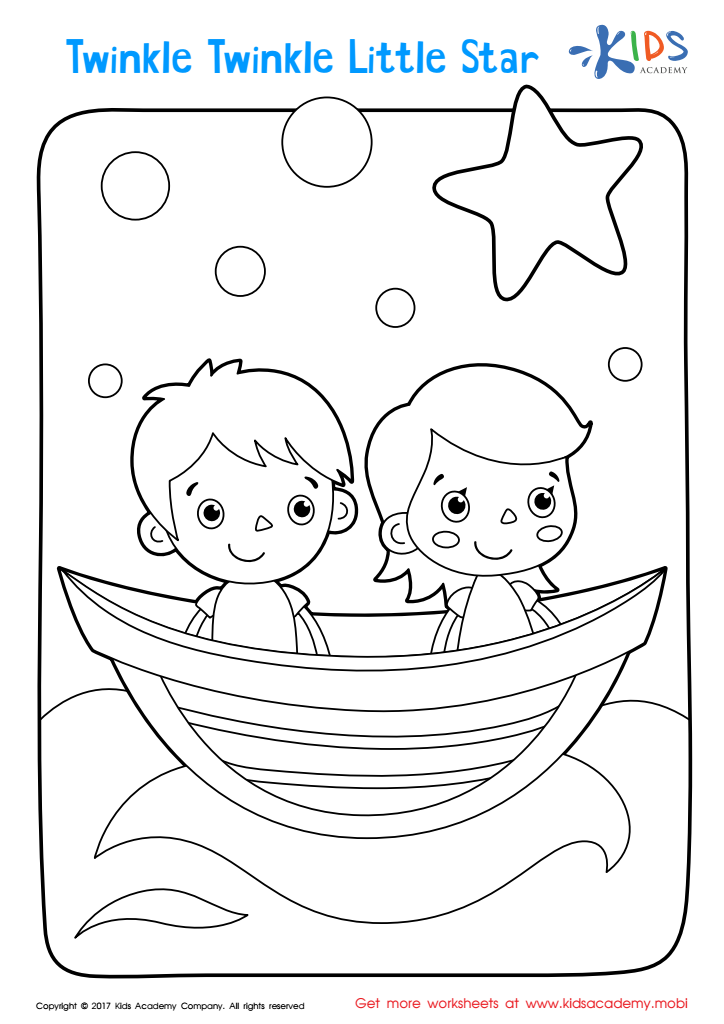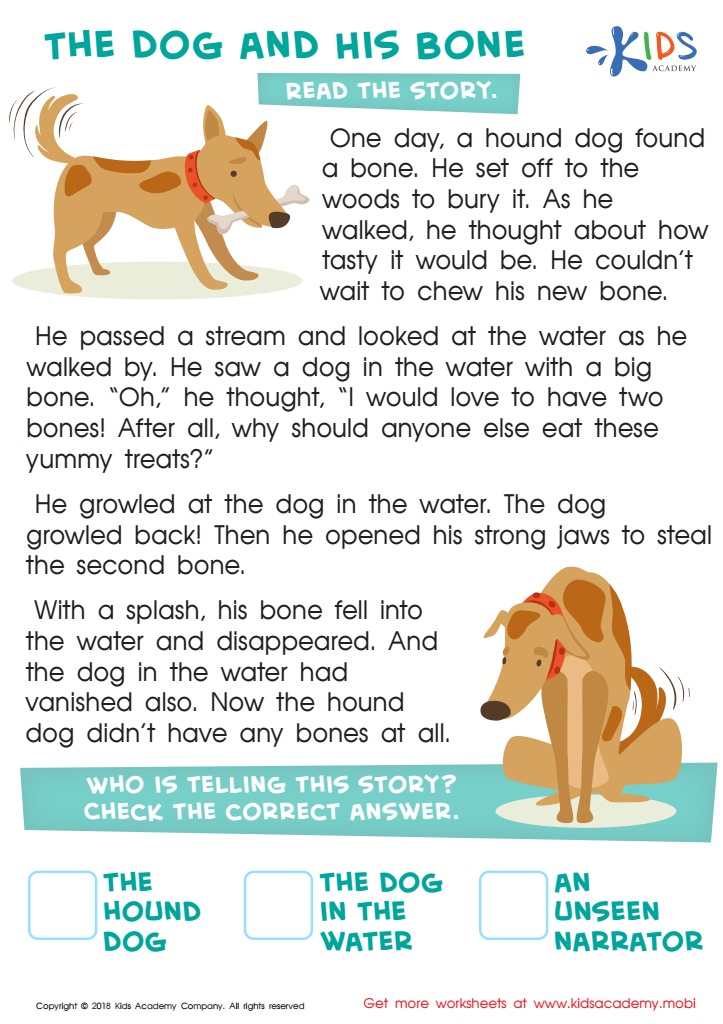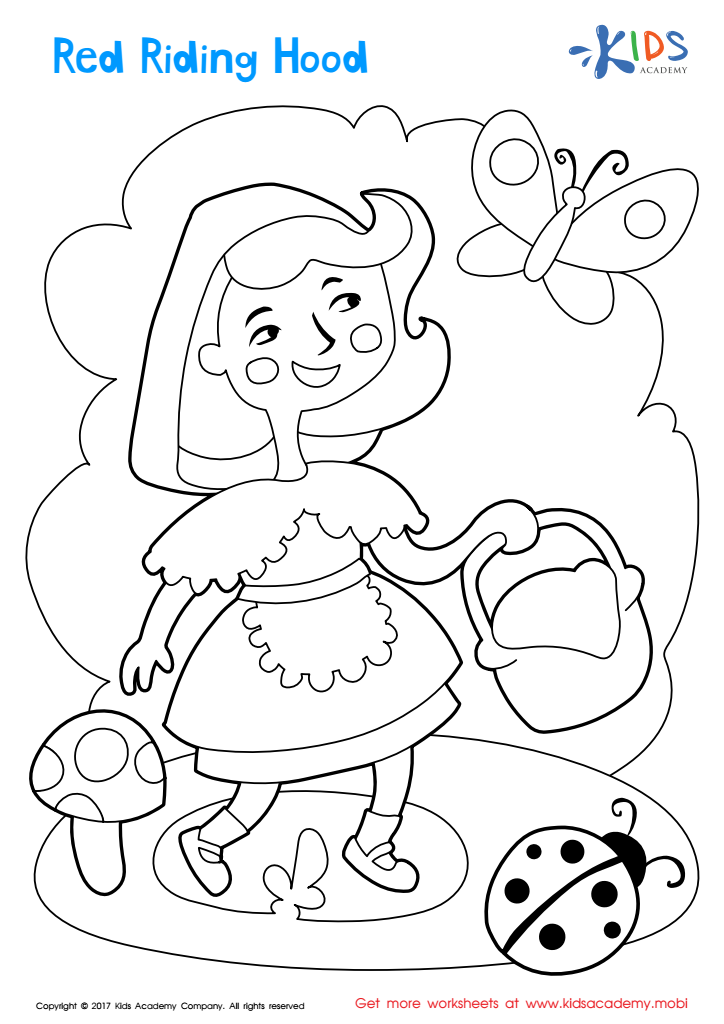Fine Motor Skills Normal Reading Comprehension Worksheets for 9-Year-Olds
3 filtered results
-
From - To
Welcome to our curated collection of Fine Motor Skills Normal Reading Comprehension Worksheets, specifically designed for 9-year-olds! These engaging worksheets seamlessly combine the development of fine motor skills with key reading comprehension activities. Each worksheet encourages children to refine their hand-eye coordination and dexterity through tracing, cutting, and crafting, while simultaneously enhancing their understanding of various texts. With a variety of themes and difficulty levels, our resources nurture critical thinking and creativity, ensuring that learning is both educational and fun. Explore our selection to support your child's reading skills and fine motor development in an enjoyable way!


Twinkle Twinkle Little Star Coloring Page


The Dog and His Bone Worksheet


Red Riding Hood Coloring Page
Fine motor skills and reading comprehension are crucial for a 9-year-old's overall development, and parents and teachers should prioritize them for several reasons. Fine motor skills involve the coordination of small muscles in the hands and fingers, which are essential for tasks ranging from writing to manipulating small objects. Proficient fine motor skills not only enhance a child's ability to write neatly but also boost their confidence in completing classroom assignments, crafting, and participating in various activities.
On the other hand, reading comprehension is fundamental for academic success across subjects. At around age nine, children transition to more complex texts that require deeper understanding and critical thinking. Mastery in reading comprehension fosters a love for learning, enabling them to connect ideas and build knowledge independently.
Together, strong fine motor skills and reading comprehension skills promote a child's academic journey and cognitive development. They empower children to engage in creative expression, articulate thoughts through writing, and absorb information effectively. For parents and teachers, cultivating these skills helps create well-rounded learners prepared not only for school challenges but also for social interactions and lifelong learning. Knowledge in these areas is essential to effectively support children's growth and development.
 Assign to My Students
Assign to My Students







.jpg)











